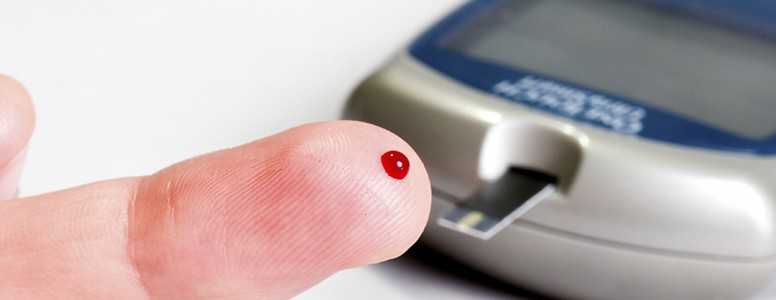Having high blood glucose levels after eating has a negative effect on people with type 1 diabetes and type 2 diabetes, according to new research.
New data from the first health-related quality of life (HRQL) study looked at post-meal hyperglycemia, which is also known as postprandial glucose (PPG) control, in people with diabetes.
When PPG is too high, it can increase the risk of cardiovascular disease, cancer and damage the eyes. Achieving good PPG control is therefore pivotal in achieving optimal blood glucose levels.
Professor Johan Jendle, from the Örebro University of Sweden and scientific secretary for the Swedish Society of Diabetology, said: “Good metabolic control cannot solely be indicated by the percentage of patients reaching their glycemic targets measured as HbA1c.
“Also the glucose excursions and the degree of postprandial hyperglycemia need to be addressed. Postprandial glucose control is important for the quality of life of people with both type 1 and type 2 diabetes.”
The findings are to be unveiled at the 19th Annual European Congress of the International Society for Pharmacoeconomics and Outcomes Research (ISPOR) which is taking place in Austria.
The research was broken down into two stages, where during the first part, a literature review was conducted.
People with diabetes, doctors and nurses were interviewed to find out how the severity and frequency of PPG symptoms can impact someone’s life.
Three health state descriptions, which were based on the results, were drafted with mild, moderate and severe symptoms.
The second stage of the research involved using 300 people, half of which were from the UK and the rest were from Sweden – all with type 1 diabetes and type 2 diabetes.
They were asked to take part in a face-to-face interview where it was determined whether they would prefer to live in the health state for 10 years or live in full health for a reduced amount of time.
Editor’s note: Low-carb diets are particularly good at preventing high blood sugar levels following meals. For guidance on how to easily incorporate a low-carb diet into your life, join our own Low Carb Program.
What's new on the forum? ⭐️
Get our free newsletters
Stay up to date with the latest news, research and breakthroughs.





